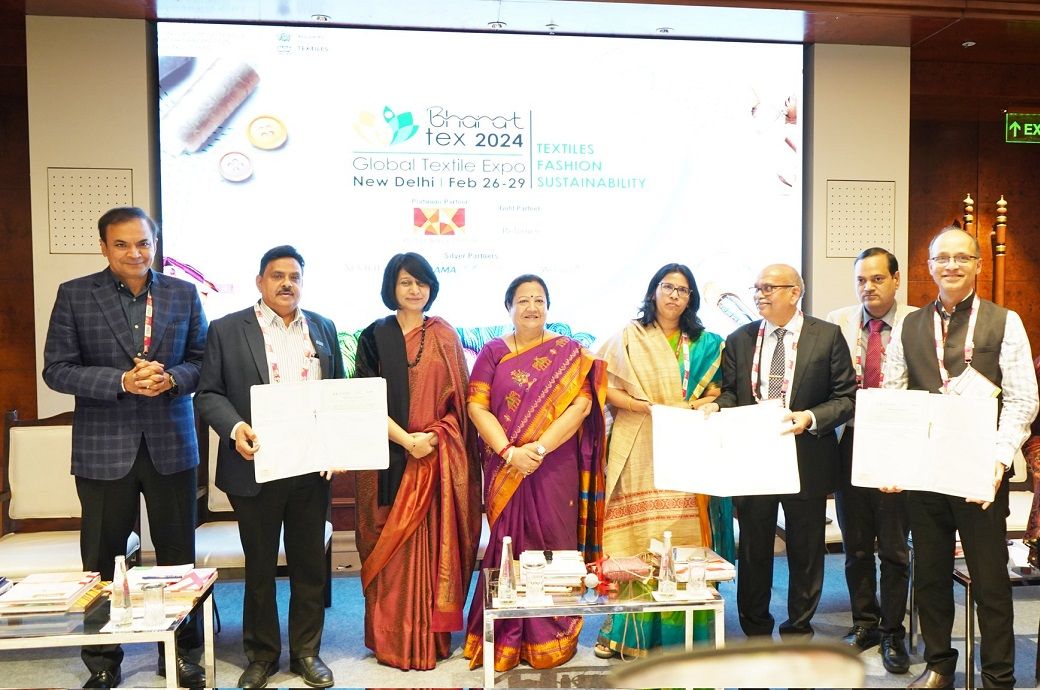
Upcycling, the process of repurposing textile waste into products of higher value and functionality, is at the heart of this initiative. This approach not only extends the lifecycle of materials but also significantly reduces energy, chemical, and water consumption, mitigating the environmental impact compared to traditional recycling methods, the ministry of commerce and industry said in a press release.
The collaboration outlined in the MoUs will see GeM working closely with stakeholders in the upcycling ecosystem, particularly focusing on under-served seller groups. The objective is to provide these groups with direct market access in public procurement through GeM outlet stores, eliminating the need for intermediaries. This initiative is part of the broader #VocalforLocal movement, aiming to boost the visibility and sales of upcycled textile products.
Moreover, the partnership will engage stakeholders across the textile upcycling sector through various activities including advocacy, awareness campaigns, outreach programmes, mobilisation, and capacity building for last-mile upcyclers. This comprehensive approach is designed to foster a robust upcycling ecosystem, facilitated by stakeholder consultations and the development of technical specifications for upcycled product catalogues, ultimately making them accessible to government buyers.
The signing ceremony was graced by Darshana Vikram Jardosh, minister of state for textiles and railways, who was joined by senior officials from the ministry of textiles. P K Singh, CEO of GeM, also played a key role in the event, highlighting the collaborative effort of the participating organisations. The MoU was officially signed by S P Verma, secretary of the textiles committee, Ajit B Chavan, additional CEO of GeM, and SubhRatna, general manager of SCOPE.
This initiative comes at a time when there is a growing awareness and demand for environmentally sustainable practices and products, driven by the concept of 'conscious consumption'. By promoting the upcycling of textile waste, the partnership aims to contribute to the sustainable development goals (SDGs) related to sustainable cities and communities and responsible consumption and production. In the long term, this initiative is expected to have a positive cascading effect on the realisation of other SDGs, underlining the importance of sustainability in the textile industry.
Fibre2Fashion News Desk (DP)